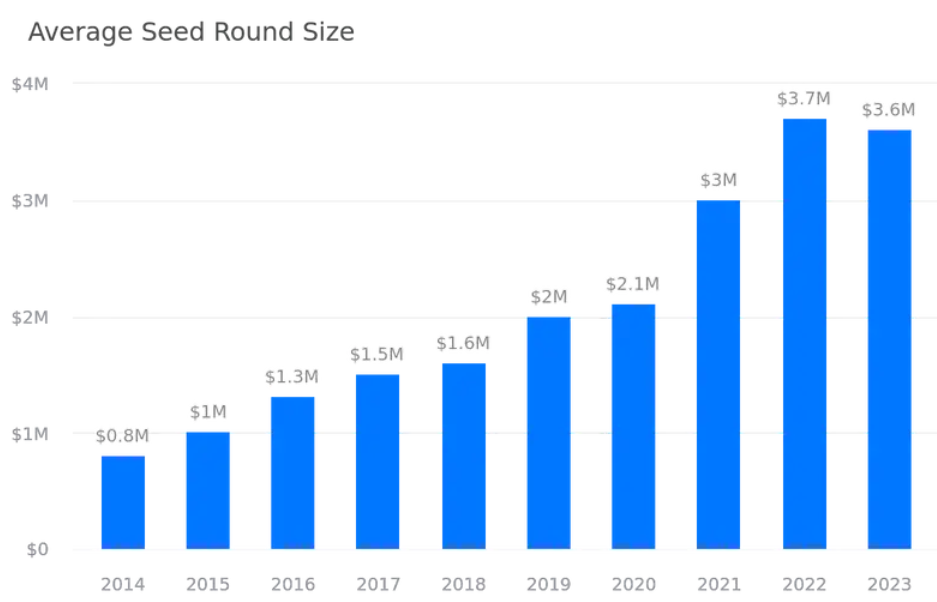Seed Round
What is Seed Round?
Definition:
Seed Round Funding marks the initial stage of investment in a startup, typically occurring after the founder or angel investments. It is named after the metaphorical “seed” that helps a business germinate and grow. This funding round provides startups with the financial resources needed to validate their business idea, develop a minimum viable product (MVP), and take the first steps towards market entry.
Analogy:
Think of Seed Round Funding as the water and nutrients that nourish a seedling. Similar to how a young plant needs support to establish its roots and grow into a robust tree, startups require seed funding to lay the foundation, conduct initial experiments, and set the stage for future growth.
Further Description:
Seed Round Funding involves various key elements:
Investment Purpose: Startups use seed funding for product development, market research, team building, and initial marketing efforts. It serves as the fuel that propels the company from ideation to execution.
Investor Types: Seed funding typically comes from angel investors, venture capitalists, and sometimes strategic corporate investors. These individuals or groups recognize the potential of the startup and provide capital in exchange for equity.
Valuation: At the seed stage, valuing a startup can be challenging. Valuations are often based on the perceived potential, the founding team’s expertise, and the uniqueness of the business idea.
Risk and Reward: Seed investors understand the inherent risks associated with early-stage startups. They invest with the anticipation of significant returns once the company successfully progresses through subsequent funding rounds and achieves milestones.
Why is Seed Round Funding Important?
Validation: Seed funding validates the market demand for the startup’s product or service. It demonstrates investor confidence in the team’s vision and the potential success of the business concept.
Milestone Achievement: The funding allows startups to achieve critical milestones, such as developing a prototype, testing the market, and acquiring initial customers. These milestones are crucial for attracting further investment.
Talent Acquisition: Seed funding enables startups to build a competent team by hiring skilled professionals who contribute to product development and overall company growth.
Market Entry: With financial backing, startups can enter the market, establish their brand, and compete effectively. Seed funding provides the necessary resources to gain an initial foothold.
Examples and Usage:
Angel Investors: Individual investors who provide seed funding based on their belief in the startup’s potential.
Venture Capital Firms: Early-stage venture capital firms often participate in seed rounds to support promising startups.
Accelerators and Incubators: Programs that offer seed funding, mentorship, and resources to startups in exchange for equity.
Key Takeaways:
- Seed Round Funding is the initial investment that fuels a startup’s early development.
- It involves angel investors, venture capitalists, and sometimes strategic corporate investors.
- Seed funding is crucial for validating ideas, achieving milestones, acquiring talent, and entering the market.
- Examples include angel investors, venture capital firms, and startup accelerators.





